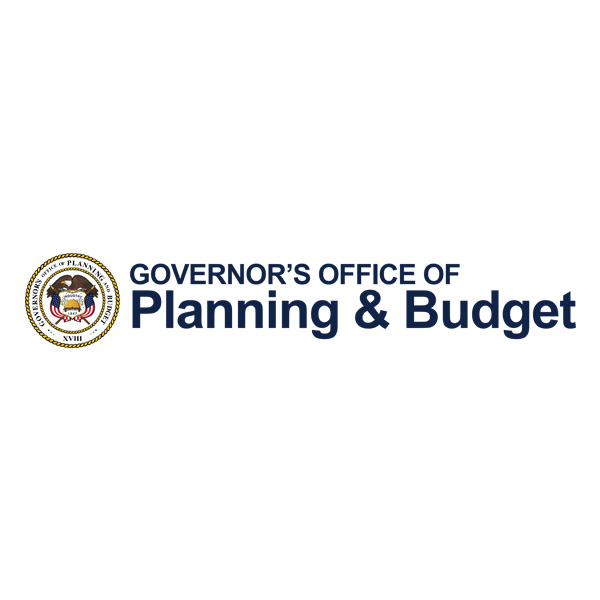“No organized train of thought” when it comes to Utah water planning
February 23, 2024 by Evan Curtis
Environmental
Deseret News, by Ami Joi O’Donoghue
One lawmaker pushed for the adoption of a state water plan to pool money and brainpower. That proposal has already been watered down
A legislative effort to create a state water plan for Utah, which is facing increasing challenges with the vitality of the Great Salt Lake, the need to supply growing populations with adequate drinking water supplies and keep crops in the fields, is still afloat and likely will pass.
But not before its own sponsor, Rep. Casey Snider, R-Paradise, thanked lawmakers this week for moving his “watered down water bill” forward.
He talked of the need for the passage of HB280 on the House floor and was successful in getting it through, but not without hinting at some disappointment, thanking his colleagues for a vote of 63-5 earlier this week.
The bill was meant to set up that state water plan, which has now been bounced for a study item after working through critics and concerns.
That brought a remark from Rep. Andrew Stoddard, D-Sandy, during the House discussion.
“Just to make sure I understand: This bill would be a study to look at the studies done to be able to say what we should study,” he said.
Snider was blunt.
“I have no idea what you just said,” he replied. “But I would simply say no.”
He warned them, however, that now is not the time for inaction.
Snider said it is necessary for Utah to have in place something like the transportation infrastructure fund. But in this case, the water infrastructure fund would address the growing challenges of aging pipelines, aqueducts, dams in need of upgrades and the simple question of how to move water from one place to another with the necessary money in place.
“What this will do is prioritize the use of state funds and prioritize those projects that have state significance. So right now as it exists in our process, there is no organized plan. There is no organized train of thought. Any of you that have sat on legislative or natural resource appropriations know that we get requests for money to fund water projects every year. And there is no systematic way to move those projects that may have state importance off of that list rather than looking at fundamental need,” he said.
But some legislative colleagues brought up these concerns over what the proposed bill would do:
- Utah exercising its muscle at a micro-level for such things as the replacement of sewer lines.
- Projects dictated, again, without proper local input.
- Prioritization of water projects in urban areas at the expense of rural communities.
In a Senate committee hearing Thursday, Snider’s bill received approval and will advance for consideration in that body.
Snider told members of the Senate Natural Resources, Agriculture and Environment Committee that the state’s lack of integrated planning for infrastructure caretaking and appropriate funding is something that needs to be addressed.
“There’s an audit that came out last summer that indicated that the state has significant shortfalls as it relates to planning. We’re not integrated with local plans and our state plans and our local plans are not integrating. We are not planning long term for water needs,” he said.
Audits over the years have pointed to that shortcoming, including one in 2015, another in 2017 and one Snider referenced from just a year ago.
In the committee hearing, Sen. Scott Sandall, R-Tremonton, echoed the need for action.
“The longer we wait, the more behind we get,” he said.
When it came to settling the West, the U.S. Bureau of Reclamation encouraged the development with its upfront funding of dams and other infrastructure to move water to arid places for growth and development. Many of those dams have since been paid off, and local obligations met, but Sen. Derrin Owens, R-Fountain Green, wondered what the federal agency’s role might be in the future to help Utah and other states struggling with water scarcity.
“I think we are on our own,” Snider said.
Recent News
- » APA UT- Call for Nominations
- » 2024 APA UT Spring Conference: Cedar City, UT. The Call For Sessions is Currently Open.
- » Planning In The News- Opinion: As a commuter who can’t afford to live in Salt Lake City, I still deserve to be heard
- » Hurry, it’s the final week to grab your conference tickets at regular prices!
- » Planning in the news: BYU students aim to eliminate parking woes through AI tracking system
- » Planning in the news: Living in Daybreak- What residents say the Utah community is really like

































